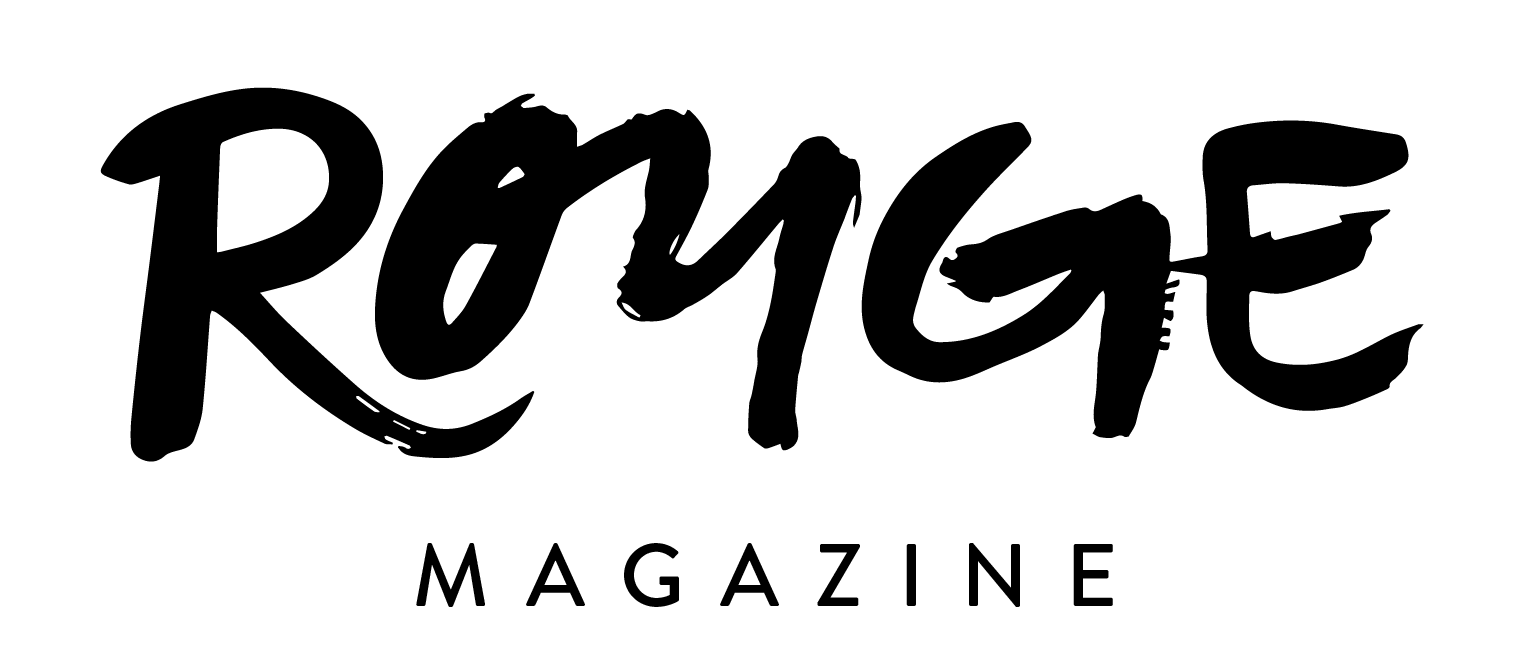Fake it Til' You Make It: How Outfits Influence Test Scores
Last week, I had an exam in one of my classes. I was horrendously underprepared– there was an entire section of notes I was still unable to find as I tried to cram it all in. I was frantically scribbling practice questions, and there were not enough tools to sufficiently test my knowledge on the material. Nonetheless, I woke up the next morning, took a deep breath, and picked out an outfit I felt great in (yes, I somehow made it to campus on time). Despite how little information I knew two days prior, it was the best score on a test I had made the entire semester. I got to thinking, and I wondered if the confidence I felt from my outfit had something to do with it. Our brains are truly powerful and perception is everything. Upon researching, there were several studies that backed my hypothesis that the outfits we choose can influence our test scores.
Research backed that it was just as I thought. Improved self-esteem can often improve performance by managing stress, improving memory, and improved self-belief. More interestingly, I came across the term “enclothed cognition”. The American Psychological Association describes enclothed cognition as “the systematic influence that clothes have on the wearer's psychological processes”. This term was coined by Hajo Adam and Adam D. Galinsky after researching the effects of wearing a lab coat on test scores. During Adam and Galinsky’s experiment, they tested 58 students using the Stroop Test to test the individual's selective attention skills. Some students wore lab coats to complete the tasks; the rest wore their regular day-to-day clothes. The individuals wearing lab coats made half the amount of errors compared to those wearing regular clothes. Adam and Galinsky concluded by saying “Clothes can have profound and systematic psychological and behavioral consequences for their wearers”. They further suggested this phenomenon may be reflected in several ways. Our clothes are almost like costumes in an acting role. Perhaps you may wear a firefighter outfit to feel brave, a nurse’s scrubs to feel compassion, a fancy suit for when you’d like to dominate an argument, or even a miniskirt for when you're ready to party!
To support the theory of enclothed cognition, several articles discussed formal clothing having a positive influence on test scores. A BYU article describes this as, “Wearing the most comfortable clothing to wait in line and take a test may sound like a good idea, but a Northwestern study says otherwise. The study found that those who wore clothes they perceived as more professional performed better and had improved focus on exams” (Ius, 2017). Another article from Scientific American describes the same phenomenon. “Wearing formal business attire increased abstract thinking—an important aspect of creativity and long-term strategizing” (Hutson, 2016). Overall, clothing is a great tool when you are trying to trick your own perception, similar to the placebo effect. By wearing a suit to your exams, you may not actually know the information, but you can trick your brain into thinking you do. Personally, I enjoy wearing my glasses and unpacking all my notebooks when I study to sufficiently fulfill this role and help retain my focus. Additionally, romanticizing this role keeps me excited, and allows me to push forward throughout times of burnout. If anything, I am committed to the aesthetic!
One of the most common test-day outfit tips I could find is to dress comfortably. A study conducted by Armand V. Cardello and Howard G Schutz of University of California states, “Perceived clothing (dis)comfort has been previously shown to impair visual motor RT and cognitive performance by shifting focus away from the task at hand”. In simpler terms, wearing clothes that are uncomfortable is distracting; therefore you should wear a comfortable outfit to negate the distraction of discomfort. If you are someone who is easily distracted, comfortable clothing may be the ideal choice when choosing your test-day outfit to eliminate distractions. Additionally, layers make a great choice for test days in case the testing room is particularly hot or cold. On the other hand, if you struggle with motivation, professional clothing may be the route. Despite comfortable clothing being perceived as sluggish, you can still feel confident and stylish in comfortable clothing!
Of course the outfit you wear on test-day will not make or break your grade, a suit and tie will not magically knock the answers into your head. Although the clothing you wear will not cause you to ace your tests, this does not diminish the importance it holds when it comes to your comfort. If anything, the style you create for yourself can hold so much power– including how yourself and others perceive you. Just fake it til’ you make it.
References
Savannah, I. (2017, February 16). Students Respond to 'Dressing for Test Success'. https://universe.byu.edu/2017/02/16/students-respond-to-dressing-for-test-success1/#:~:text=attend%20class%20in.-,',mindset%20to%20recall%20the%20information.
Christian, J. (2012, March 1). Introducing "enclothed cognition" – How What We Wear Affects How We Think. Introducing "enclothed cognition" – how what we wear affects how we think | BPS
Elsevier Inc. (2012). https://psycnet.apa.org/record/2012-06477-001
Armand, C. and Howards, S. (2005, June). Relationship Between Perceived Clothing Comfort and Exam Performance. https://www.researchgate.net/publication/227956763_Relationship_Between_Perceived_Clothing_Comfort_and_Exam_Performance#:~:text=Perceived%20clothing%20(dis)comfort%20has,and%20motor%20planning.%20…
Graphic by Nelli Schneemaier






